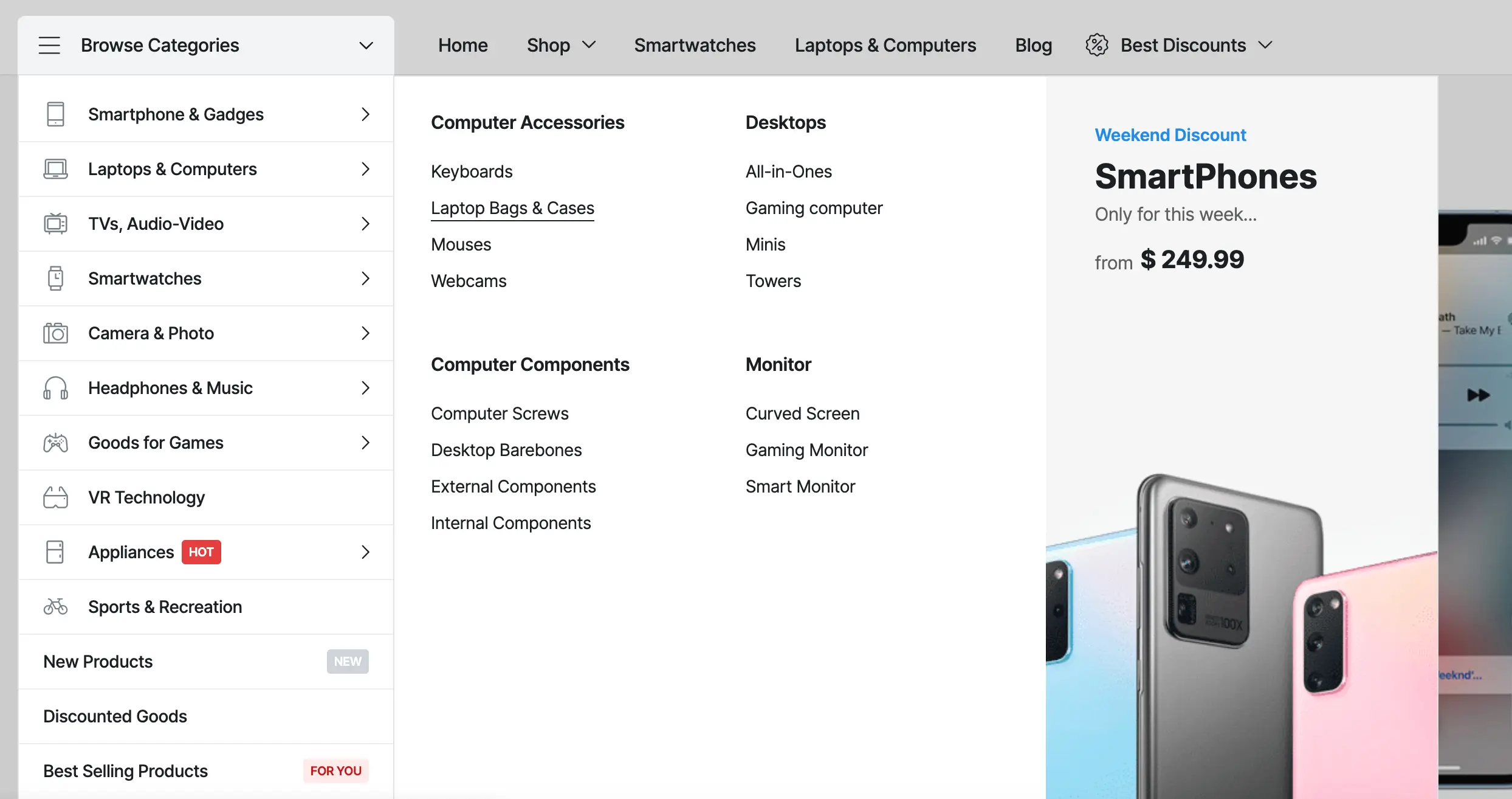Understanding Different VPN Protocols: A Comprehensive Overview
In the realm of Virtual Private Networks (VPNs), the choice of protocol plays a pivotal role in determining the level of security, performance, and compatibility offered by the VPN service. Each protocol has its own unique characteristics, strengths, and weaknesses, catering to diverse user needs and preferences. Let’s delve into the details of some of the most common VPN protocols:
OpenVPN
OpenVPN stands out as one of the most trusted and versatile VPN protocols available today. One of its key advantages is its open-source nature, which means that its source code is publicly accessible and subject to peer review. This transparency enhances security by allowing experts to scrutinize the code for vulnerabilities and ensure its integrity. Additionally, OpenVPN supports a wide range of encryption algorithms, providing users with the flexibility to configure encryption parameters according to their specific security requirements. Operating on both UDP (User Datagram Protocol) and TCP (Transmission Control Protocol), OpenVPN strikes a balance between speed and reliability, making it suitable for a variety of applications. Furthermore, its compatibility with multiple operating systems, including Windows, macOS, Linux, iOS, and Android, makes it a popular choice among VPN users seeking a robust and versatile solution.
IPsec (Internet Protocol Security)
IPsec is a comprehensive suite of protocols used to secure internet communications at the IP (Internet Protocol) layer. It offers a range of security services, including encryption, authentication, and integrity protection, to ensure the confidentiality and integrity of data transmitted over the internet. IPsec operates in two main modes: Transport mode, which encrypts only the data payload, and Tunnel mode, which encrypts the entire IP packet. This flexibility allows organizations to deploy IPsec in a variety of scenarios, from securing individual data transmissions to establishing secure tunnels between networks. Supported by most modern operating systems and network devices, IPsec is commonly used in enterprise environments for site-to-site VPN connections, providing a high level of security and interoperability.
L2TP/IPsec (Layer 2 Tunneling Protocol with IPsec)
L2TP/IPsec combines the tunneling capabilities of Layer 2 Tunneling Protocol (L2TP) with the security features of IPsec, resulting in a robust and widely supported VPN protocol. L2TP provides the mechanism for creating tunnels between endpoints, while IPsec handles encryption, authentication, and integrity protection. This combination of protocols offers a balance between security and compatibility, making L2TP/IPsec suitable for a range of applications. However, L2TP/IPsec has been criticized for potential security vulnerabilities, particularly related to its pre-shared key authentication method. Despite these concerns, L2TP/IPsec remains a popular choice for users and organizations seeking a stable and interoperable VPN solution.
PPTP (Point-to-Point Tunneling Protocol)
PPTP, one of the oldest VPN protocols, is known for its simplicity and ease of setup. Operating at the data link layer, PPTP encapsulates data packets within PPP (Point-to-Point Protocol) frames for transmission over the internet. While PPTP offers relatively fast connection speeds, it has been criticized for its weaker encryption compared to newer protocols. Vulnerabilities in its encryption implementation have raised security concerns, making it less suitable for applications requiring high levels of security. As a result, PPTP has fallen out of favor in favor of more secure alternatives such as OpenVPN and IPsec.
WireGuard
WireGuard is a modern VPN protocol designed for simplicity, speed, and efficiency. Unlike traditional VPN protocols, WireGuard is lightweight and performant, with minimal overhead and latency. It utilizes modern cryptographic primitives, such as the Noise protocol framework, to provide strong encryption, authentication, and perfect forward secrecy. WireGuard’s simplicity and efficiency make it well-suited for applications requiring high-performance VPN connections, such as mobile devices and IoT (Internet of Things) devices. Despite being relatively new compared to other protocols, WireGuard has gained popularity among VPN providers and users due to its ease of deployment and superior performance.
In conclusion, the choice of VPN protocol plays a crucial role in determining the security, performance, and compatibility of a VPN service. By understanding the characteristics and capabilities of different protocols, users can make informed decisions when selecting a VPN provider. Whether prioritizing security, speed, or compatibility, there is a VPN protocol available to suit every user’s needs and preferences. As the landscape of online privacy and security continues to evolve, VPN protocols will continue to play a pivotal role in safeguarding internet communications and protecting user privacy.
Related Articles
If you enjoyed reading this, then please explore our other articles below:
More Articles
If you enjoyed reading this, then please explore our other articles below:




















 2019-2025 ©
2019-2025 ©